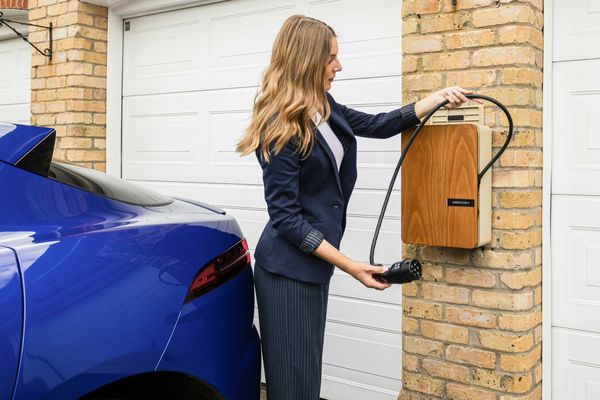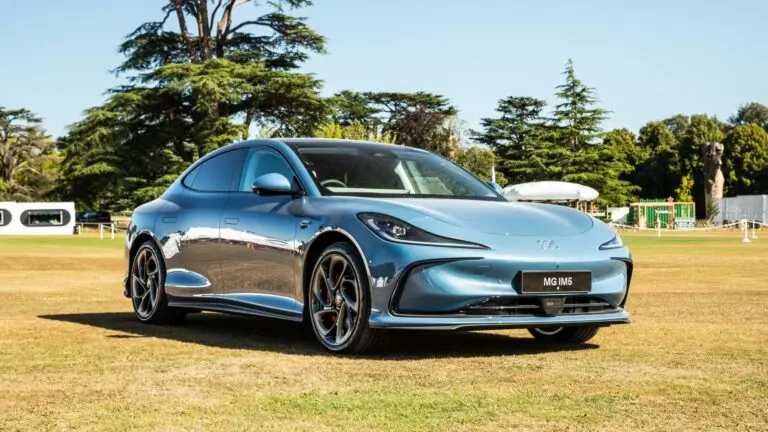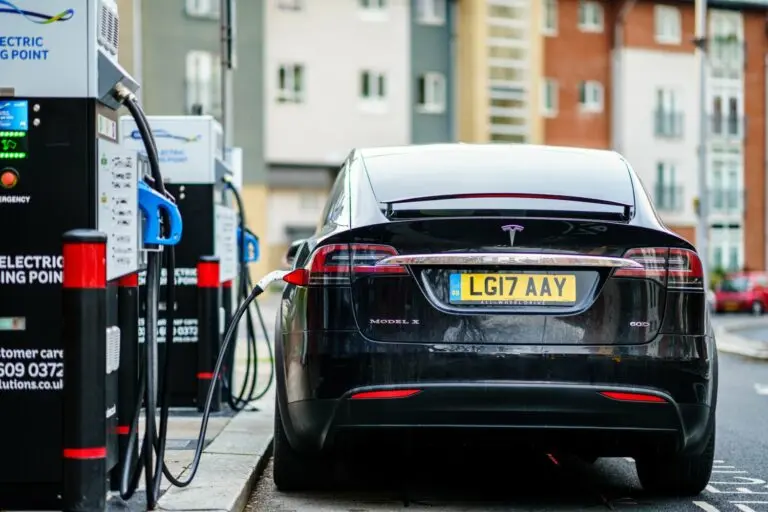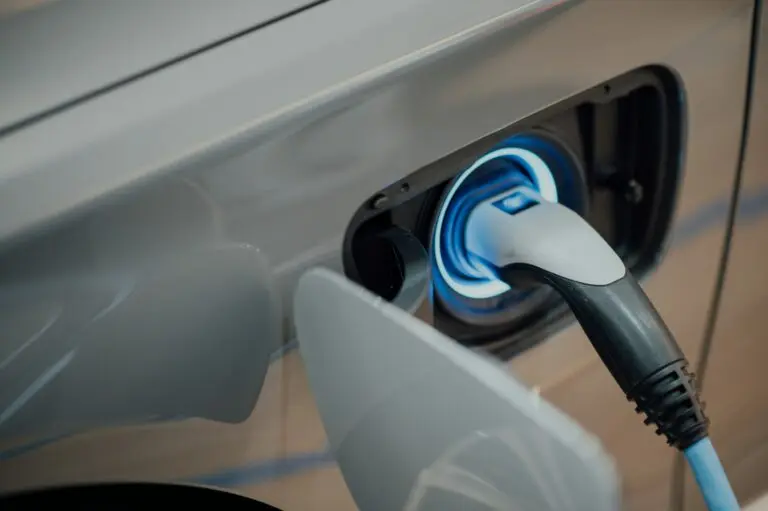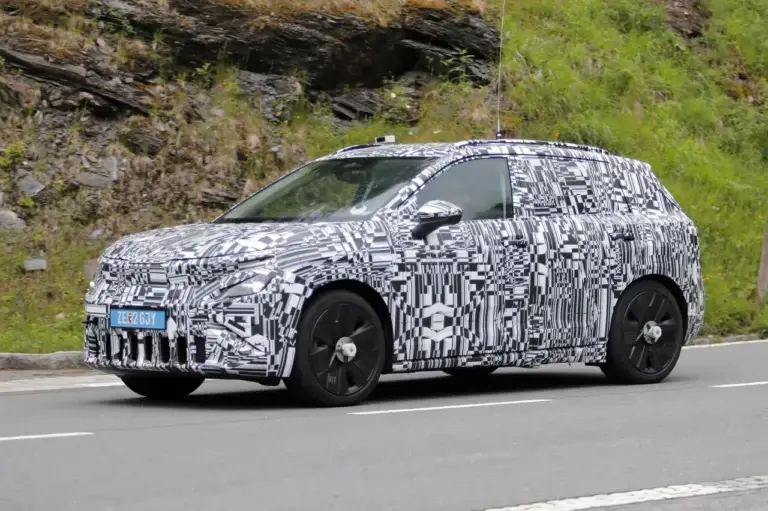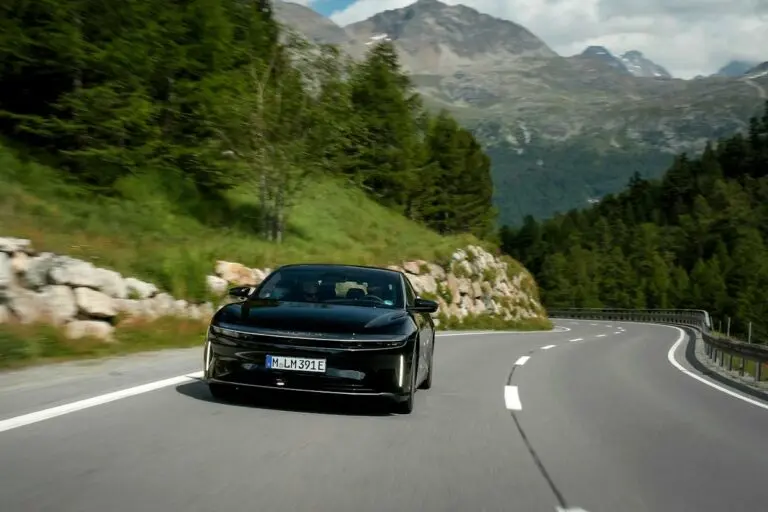While the ecological virtues of the electric car are often extolled, its economic benefits are just as attractive. But at a time when energy prices are fluctuating and recharging points are springing up all over the place, there’s one question that keeps coming back
: on a day-to-day basis, is recharging your car really cheaper than filling up with petrol?
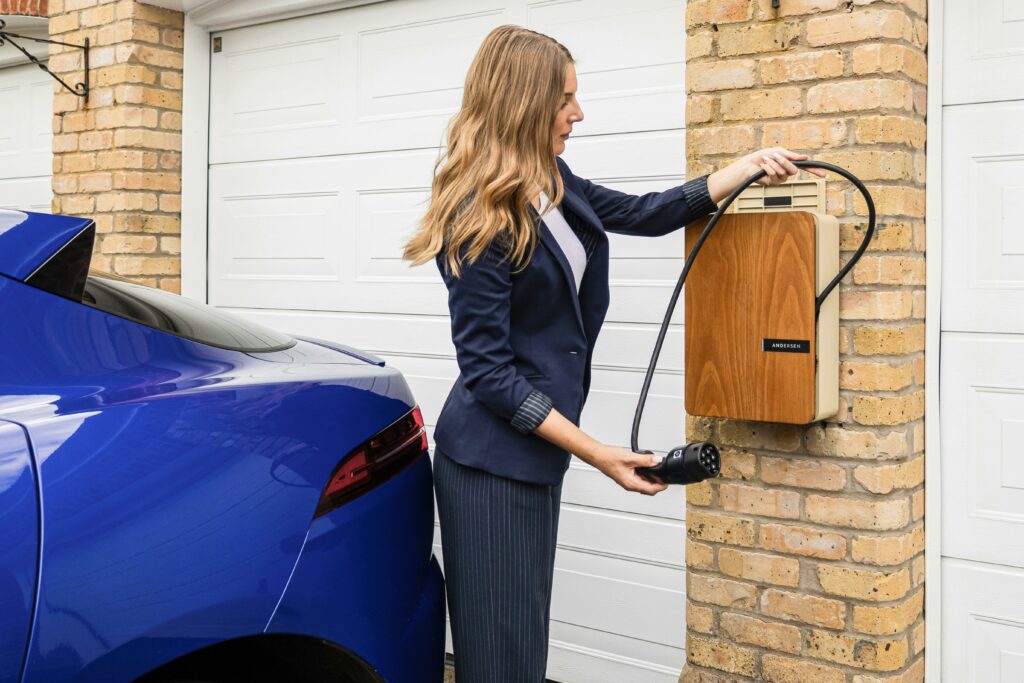
At home: the most wallet-friendly recharging option
It all depends on where, when and how you connect your vehicle. The majority of motorists who opt for home recharging via an individual charging point choose the most economical solution. An electric car consumes between 15 and 20 kWh per 100 kilometres, or around €3.75 to €5 (based on an average rate of €0.25/kWh).
A word of warning, however: installation requires the services of an IRVE-approved electrician, and represents an initial investment of between €1,400 and €4,000, depending on the type of charging point chosen.
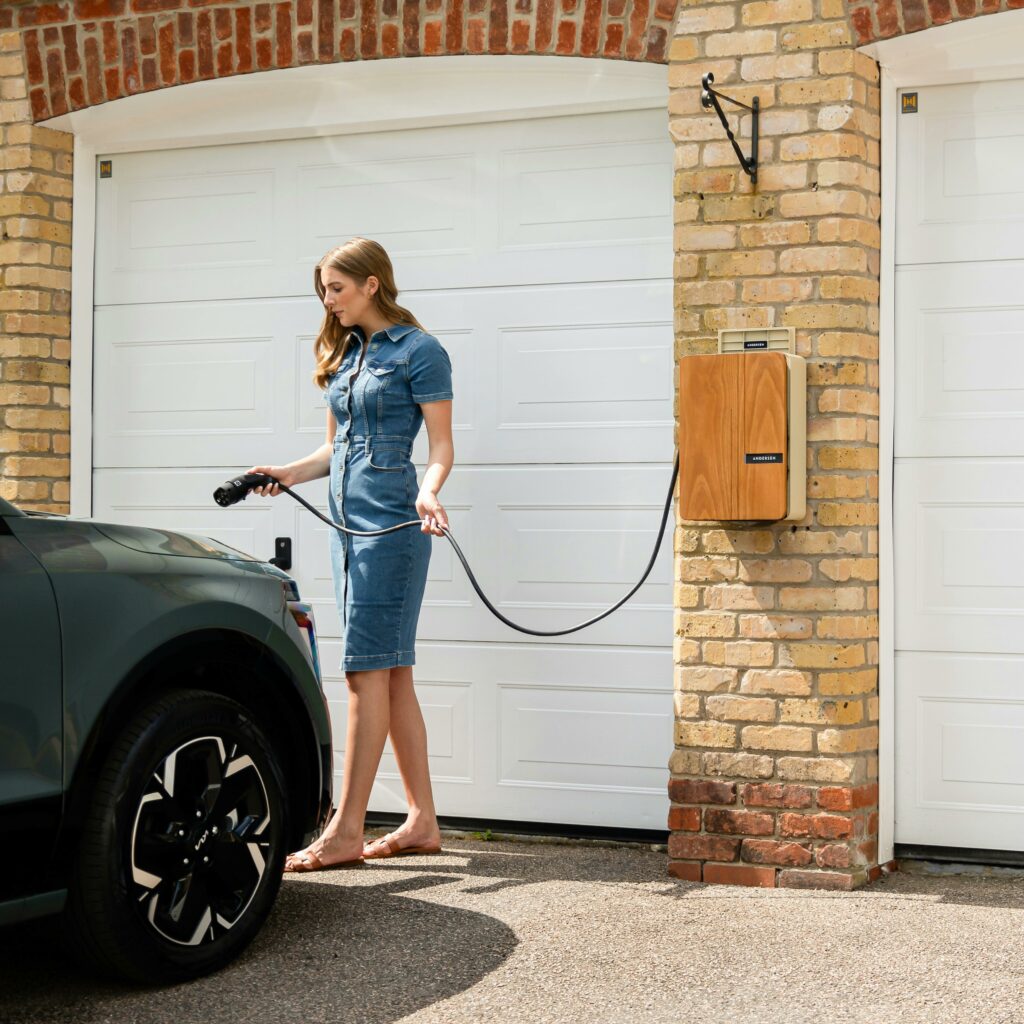
On the road: faster charging stations… but more expensive
As soon as you leave home, the cost of recharging increases. Conventional public charging points, often located in urban areas, charge between €0.25 and €0.50/kWh, which works out at between €5 and €10 per 100 kilometres – still less than the cost of a full tank for a combustion-powered city car.
On the other hand, ultra-fast chargers such as Tesla Superchargers or those from TotalEnergies (150 to 350 kW) are considerably more expensive. They can cost up to €0.80/kWh, or around €15 per 100 km, which is close to the cost of a petrol or diesel car.
A full charge (80% battery) for an average electric car at these stations costs around €50, but offers unbeatable charging times: between 8 and 10 minutes to go from 20% to 80%, depending on the vehicle and the station.
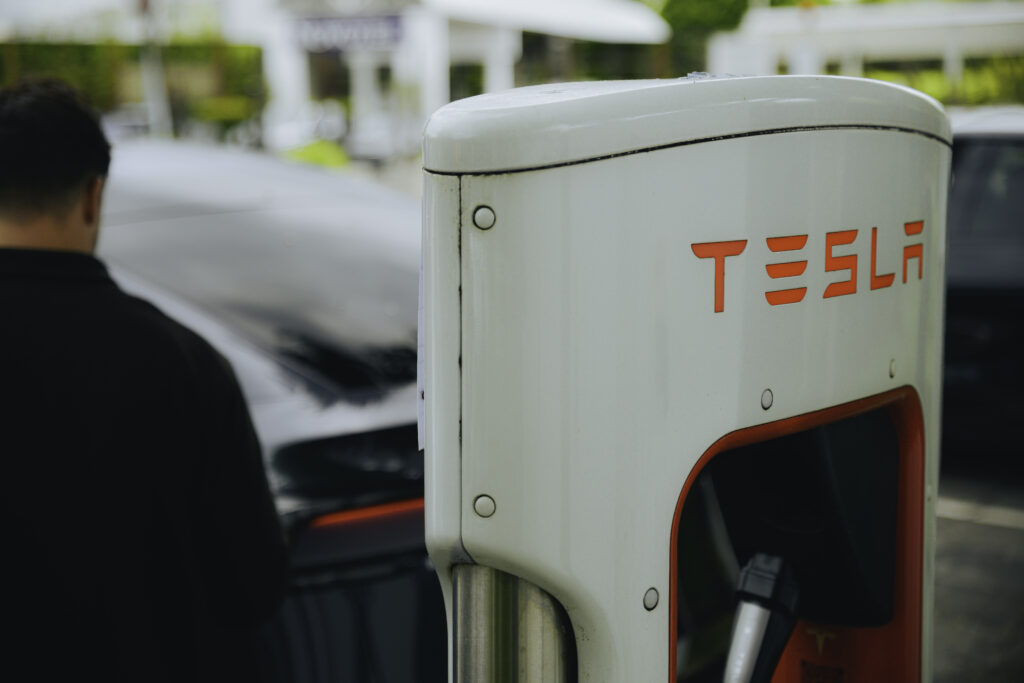
Smart recharging: saving money if you think ahead
On the whole, an electric vehicle is cheaper to run than a combustion model. But this requires a certain amount of organisation: recharging at home, choosing the right time slots (especially off-peak hours) and avoiding public charging points without a subscription are essential reflexes.
Because while driving electric saves money and reduces your carbon footprint, it also requires a bit of forethought… and a plug socket close at hand.

